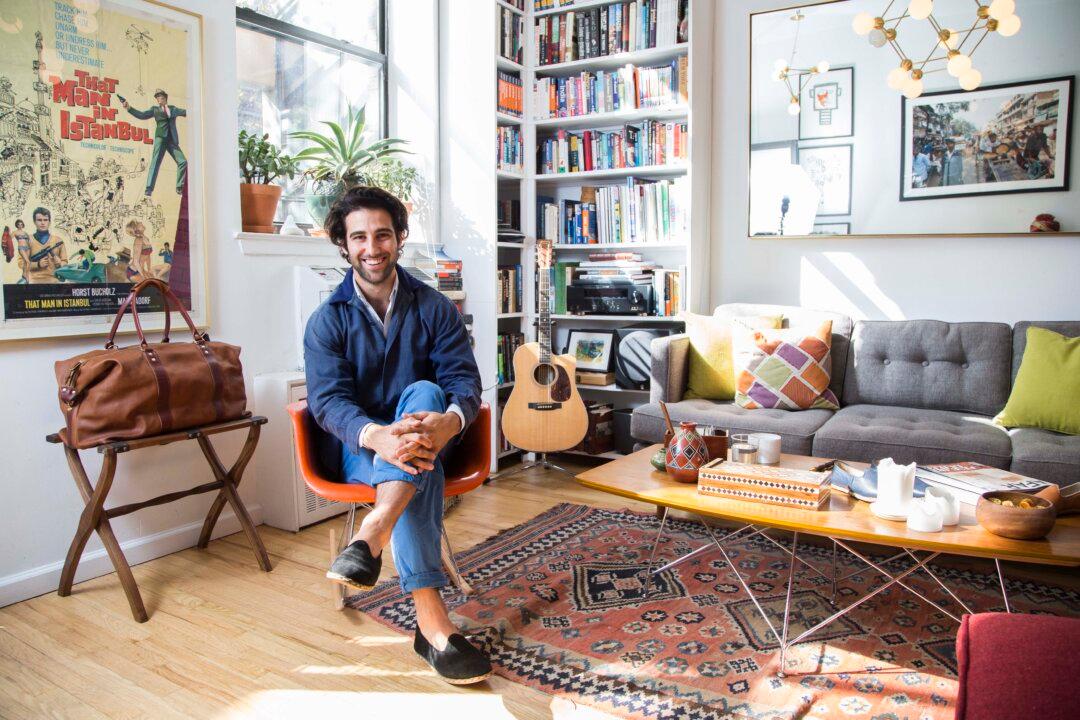For Texan Mickey Ashmore, a comfortable pair of Old World shoes—traditional slip-ons made by artisans in Southeast Turkey—became his inspiration.
After graduating from Wharton MBA, Ashmore started working for Microsoft and moved to Turkey as an expat. While living there, he was introduced to the handcrafted leather shoes as a gift from his then-girlfriend.
“I travel a lot. I immersed myself in Turkish culture and learned the language” he said. That experience has led to an entrepreneurial journey.
Ashmore moved back to New York to work for a private equity company. He took the shoes with him. They were so comfortable, he wore them everywhere. He was surprised by how many people asked him where they could find a pair.
“I am not into fashion. But I love the style, the design, and the colors,” he said. He wanted to have more pairs. So he reached out to people in Turkey including his ex-girlfriend to help him find the cobbler. Through a long-distance search, he finally found him in the city of Gaziantep.
He collaborated with the shoemaker, made a few tweaks to the original design, and launched his brand called Sabah in 2013. After selling quite a few shoes in two months, he decided to quit his job and focus fully on his brand.
“I liked my job, but I was more excited about the prospects of selling shoes,” said Ashmore.
The word “Sabah” means morning in Turkish, the idea being that you put them on in the morning and never take them off.
“It is a flat, simple piece of shoe with a very light weight. It is a different type of comfort, unmatched by modern shoes,” said Ashmore.
Sabah started off making men’s shoes and later launched a women’s line. Today, women’s shoes make up around 60 percent of the business. All adult shoes sell for $190. Sabah also recently launched a children’s line at $65.






